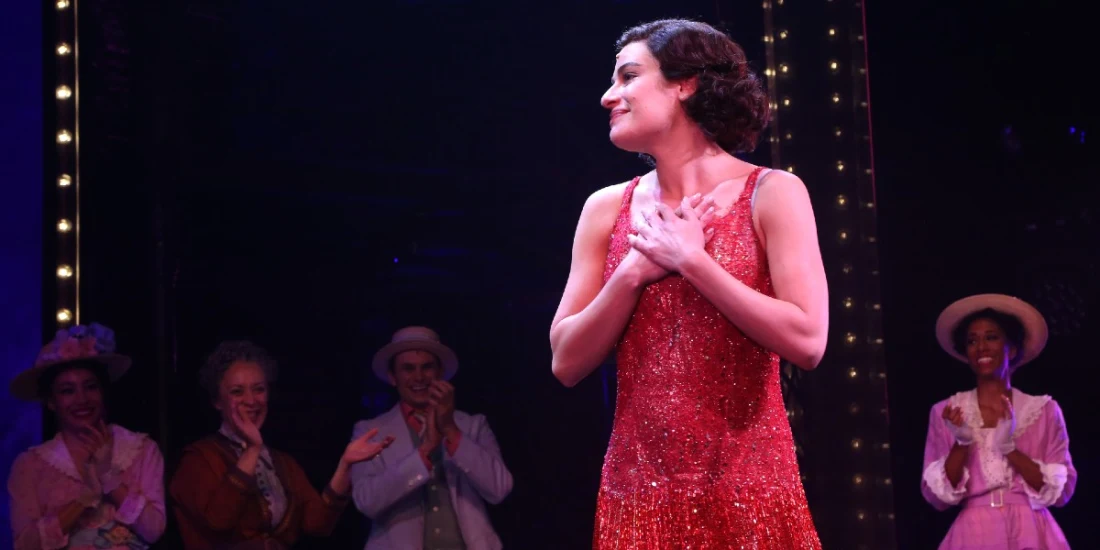'Funny Girl' review — Lea Michele is the greatest star in her triumphant Broadway return
Lea Michele in Funny Girl on Broadway is the theatre event of the season. It’s live theatre at its finest. It’s the perfect marriage of actress and role. The very nature of attending this show is theatrical.
For the uninitiated, Lea Michele is a seasoned Broadway performer, who made her debut in Les Misérables at age 8 and rose to fame in her early 20s in the cult hit Spring Awakening before going on to more mainstream television roles, namely the ambitious and talented Rachel Berry on Ryan Murphy’s show choir dramedy Glee from 2009-15.
On said series, Michele played a ruthless teenager dead set on making it on Broadway, namely in the titular role in Funny Girl. She sang the iconic Act 1 finale “Don’t Rain on My Parade” during the first season and later performed the number on the Tony Awards. In the show’s final season, the character made her Broadway debut in Funny Girl and won the Tony for her performance.
While Michele won’t win a Tony Award for this outing – Tonys are only given to performers who originated the role, and Michele replaces Beanie Feldstein, who left the production over the summer – she is making quite the splash in her first time on Broadway in over a decade. It’s impossible to parse out every layer of meta-theatricality at play here, not least because the show itself is a show-within-a-show about a starry-eyed Ziegfeld comic hoping to become the “greatest star.”
But even without all the added contextual layers, Michele stands alone as a singular Broadway performer, one who can pack a house and command a crowd and also hit all the right notes and laughs. And even years on, she brings the same bright-eyed optimism and ingenuity that made audiences fall in love with her. When she sings “Don’t Rain on My Parade,” the audience feels as if they are somehow fulfilling a dream alongside her, and while premature claps and mid-song standing ovations can seem distracting, it’s all a part of this singular theatregoing experience. You, the audience, are also part of this spectacle.
Broadway and television favorite Tovah Feldshuh joined the company with Michele as Fanny’s overprotective mother, and she chews on all the scenery, stealing the show with numbers like “Henry Street” when Fanny returns home to a party the neighborhood where she grew up. Jared Grimes, who earned a Tony nomination for his jubilant and tap-tastic performance as Fanny’s friend Eddie Ryan, continues to give 110% in a thankless side role. With Grimes in the tap shoes, though, Eddie’s energy jumps right off the stage.
Ramin Karimloo stars as Nick Armstein, Fanny’s gambling addict of a manager-turned-husband, and while the role turns back the clock on feminism several years, Karimloo is charming and endearing even where his character falls short.
Directed by Michael Mayer, the production is cool and crisp, with stylish throwback choreography by Ellenore Scott (and gorgeous tap choreography by Ayodele Casel) and seamless sets by David Zinn and eye-popping costumes by Susan Hilferty.
While Harvey Fierstein’s revision of the book can’t do much to save the dated show (original book by Isobel Lennart), the audience isn’t coming to see the show for the plot. They’re coming for Jule Styne and Bob Merrill’s iconic songs, sung by the titular girl. After all, people who need people are the luckiest people in the world, and this crowd needs Lea Michele.
Originally published on
